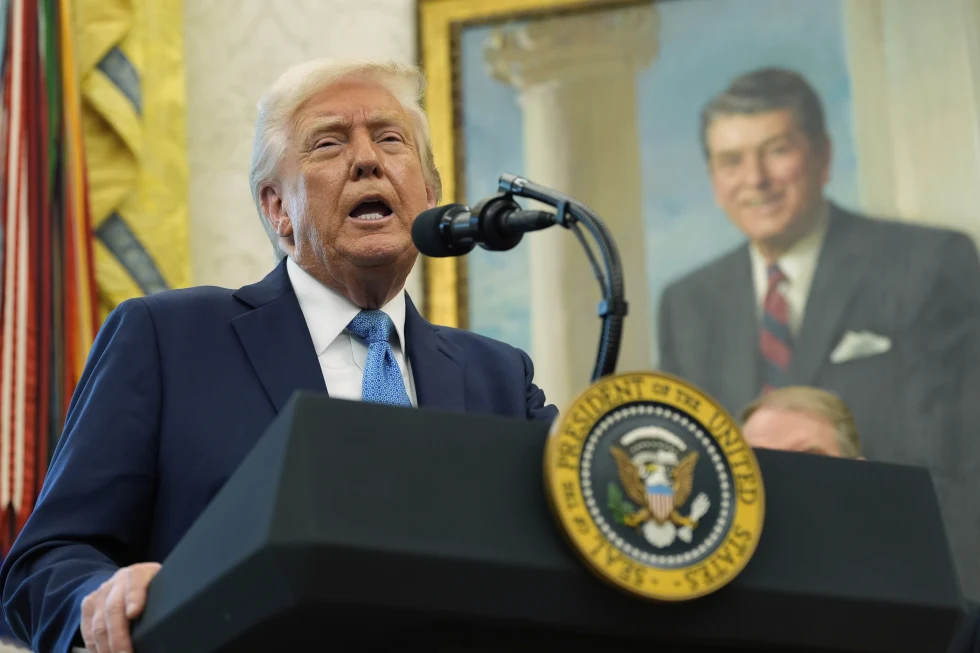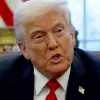Two large law firms asked federal judges on Wednesday to permanently block President Donald Trump’s executive orders, which they say were designed to punish them and damage their businesses.
Perkins Coie and WilmerHale argue that the orders violate the Constitution by attacking their profession, harming their relationships with clients, and targeting them because of past cases or ties to lawyers Trump sees as opponents.
Last month, courts temporarily stopped parts of both orders. Now the firms want the entire orders thrown out and rulings in their favor. Two other firms — Jenner & Block and Susman Godfrey — are scheduled to make similar arguments soon.
Dane Butswinkas, speaking for Perkins Coie, told the judge the order was meant as revenge.
Judge Beryl Howell did not make a decision right away but showed concern about the orders and seemed to lean toward supporting Perkins Coie.
She questioned a Justice Department lawyer about plans to revoke security clearances from firm lawyers and compared the blacklisting of law firms to past political witch hunts. She also challenged the administration’s stance against diversity, equity, and inclusion in hiring.
“Why does the administration view those three words as dirty?” she asked.
Justice Department lawyer Richard Lawson denied that the orders were meant as punishment and said the government is right to be concerned about law firms using race and gender in hiring.
These executive orders are part of Trump’s broader campaign to reshape major institutions and pressure them to change their practices. Organizations like law firms and universities have had to decide whether to fight back or cooperate.
The orders apply the same penalties to the targeted firms: removing security clearances, canceling federal contracts, and blocking access to federal buildings.
Some judges have already stopped parts of the orders related to contracts and building access, but not the rules about security clearances — the main focus at Wednesday’s hearing.

Judge Howell said she was bothered that the administration suspended clearances for many lawyers without reviewing individual cases. She grew frustrated when Lawson couldn’t explain how the process works or whether lawyers were informed or allowed to challenge the decisions.
“You don’t know whether the firm or the attorney whose security clearance has been suspended has been given notice,” she said.
The administration says national security is the reason for the orders, but Butswinkas said that doesn’t make sense because the lawyers cited had already left the firm.
“To me, it sounds more like national insecurity than national security,” he said.
The first order of this kind came in February, when Trump suspended clearances for Covington & Burling lawyers who had worked for special counsel Jack Smith, who had investigated Trump and filed two charges later dropped.
The order against Perkins Coie mentioned its work for Hillary Clinton during the 2016 campaign. The order against WilmerHale cited that Robert Mueller, who led an investigation into Trump, was once a partner at the firm.
WilmerHale lawyers said Trump openly admitted he was targeting the firm for representing people who challenged his immigration policies and for connections to his critics.
After the hearing, a WilmerHale spokesperson said the firm defended the rights to legal representation and free speech, and they are confident the judge will permanently block the order.
Last month, another firm, Paul Weiss, settled with the administration, leading to the order against it being dropped.
Since then, several other firms have reached deals with the White House, agreeing to provide free legal services for causes supported by the Trump administration.


